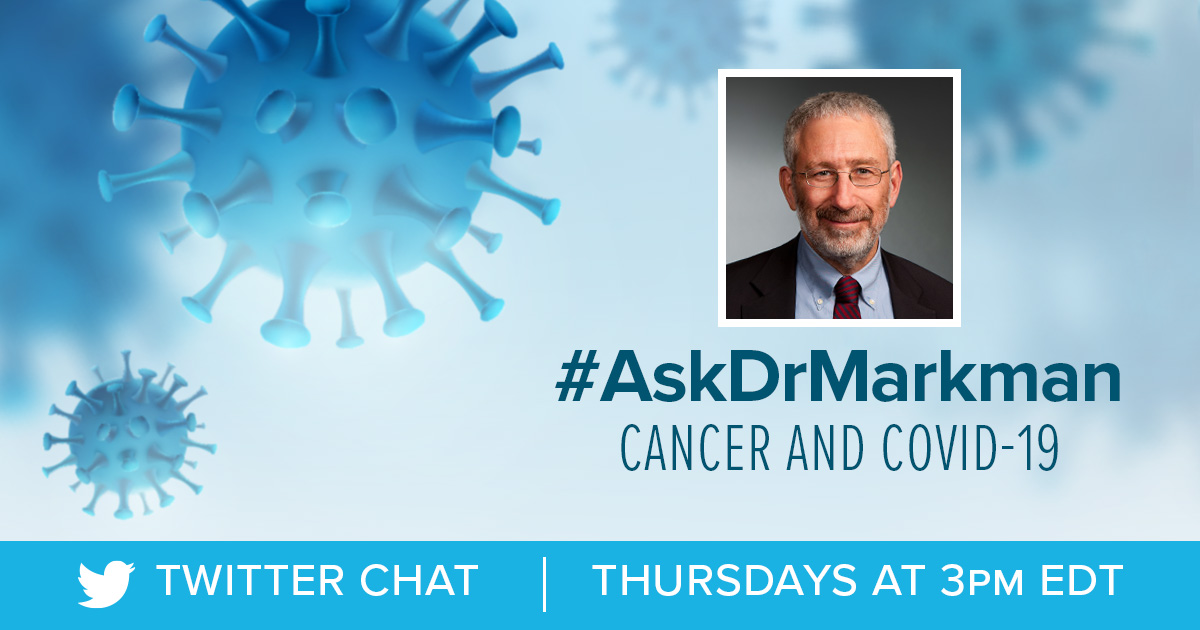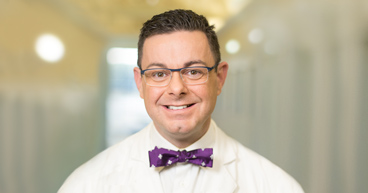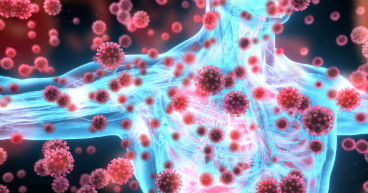
The COVID-19 pandemic has created a confusing landscape of constantly evolving information and developments. Cancer patients have many questions about how the virus may affect them, their health and their access to ongoing treatments, among other considerations. Maurie Markman, MD, President of Medicine & Science at Cancer Treatment Centers of America® (CTCA), has launched a weekly Q&A hosted on Twitter to answer your questions, in real time and as questions are sent to us online and by phone. Follow us on #AskDrMarkman. Here’s this week’s chat:
Question: Is it dangerous to come to a hospital right now?
Answer: There’s risk in going anywhere right now, and that includes hospitals and cancer centers. But the risk to your health may be even greater if staying home delays your care. Don’t delay necessary treatments.
Q: How do I know if my treatment is necessary?
A: First, talk to your care team, so together, you can make a decision about your care plan. But generally, if you’ve started treatment, you should continue it uninterrupted, if at all possible. Other appointments, like follow-up scans and consults, may be safely rescheduled or conducted via telehealth visits.
Learn more about essential vs. non-essential appointments.
Q: What about screening? My mammogram was canceled. Should I be concerned?
A. It depends on why it was scheduled. Routine screenings absent concerning symptoms, like annual mammograms and 10-year colonoscopies, may safely be postponed for at least several months. But diagnostic exams, which look for cancer after specific symptoms have developed, should not be unreasonably delayed.
Learn more about the difference between screening and diagnostic tests.
Q: How do I decide whether to go to a hospital for treatment?
A: This is a difficult decision you shouldn’t have to make alone. Consider a telehealth visit with a qualified cancer expert who can help you understand your cancer care options during this crisis.
Q: What kind of visits are being offered via telehealth?
A: Depending on the provider, consultations and follow-ups may be offered with medical oncologists and surgical oncologists, as well as other doctors, including pain management physicians and psychiatrists. Nutritional counseling and other supportive care services may also be available. Check with your provider.
Learn five things you need to know about telehealth.
Q: What is CTCA doing to protect patients and staff from COVID-19?
A: Many things: screening patients before they leave home, taking onsite temperatures, restricting the number of visitors, requiring face masks and more.
Learn more about patient safety at CTCA.
Q: Is CTCA treating COVID-19 patients?
A: No. We only treat cancer, and any cancer patient who has tested positive for COVID-19 before coming in for treatment needs to be evaluated by their provider to determine what is safe for them. We are active participants in conversations with other cancer providers, and are closely following CDC recommendations and updates to determine how best to proceed as the COVID-19 outbreak continues to evolve.
Q: How long would it take for a COVID-19 patient to resume cancer treatment?
A: There is no definitive answer right now. Talk to your provider about what is the best course of treatment for you. It may be best to consult with your doctor via a telehealth visit.
Q: What if my provider refuses to treat my cancer amid the outbreak?
A: That’s a very difficult situation. I’d urge you to go back to your provider to make sure there wasn’t a miscommunication. If you’ve tried all you can, a second opinion, preferably by telehealth services, with another cancer expert is always a viable option.
Q: Where do I get COVID-19 information for cancer patients?
A: The American Society of Clinical Oncology and the American Cancer Society have terrific resources for cancer patients. For a full list of resources, go here.
Join Dr. Markman on Twitter at #AskDrMarkman for our next chat on COVID-19 and cancer on Thursday, April 23, at 3 p.m. EDT.
If you are a cancer survivor or in active treatment and are concerned about how the COVID-19 situation may impact you or your care, please contact your care team.
Get more answers to questions about delaying your cancer treatment.



